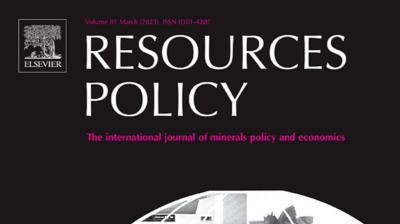Fragmenting forest governance: Land tenure and the REDD+ paradox in Kigoma pilot project, Tanzania
Forest economists and governance scholars disagreed in early REDD+ literature over the potentially recentralizing effects of the performance-based forest carbon mitigation mechanism. Economists argued conditional payments for measurable forest protection would incentivize sustainable forest management, despite institutional challenges. Critics viewed this assumption as too rationalistic. Proponents of participatory forest management in Tanzania argued REDD+ funding was wasted creating new pilot projects from scratch, instead of upscaling existing forestry programmes. This article uses an in-depth ethnographic case study of rent and accountability relations in a failed REDD+ test pilot project site, showing the complexity of trans-local governance arrangements. Fragmented actors compete over diverse interests, overlapping spheres of authority and tenure regimes. Empirically, it examines how project implementation with unclear land tenure exacerbated boundary conflict and insecurity, tracing upwards accountability relations including stigmatizing elected village leaders, overriding of decisions made within a village assembly meeting by district level authorities, using strategic of forum shopping and avoking the politics of scale via ward councils. This highlights the need for future forest policies to prioritize questions of land tenure, political accountability and the context-specific interactions of forest users before blueprint technical solutions that involve measurement of trees to estimate forest carbon densities.
https://doi.org/10.1016/j.polgeo.2024.103234





